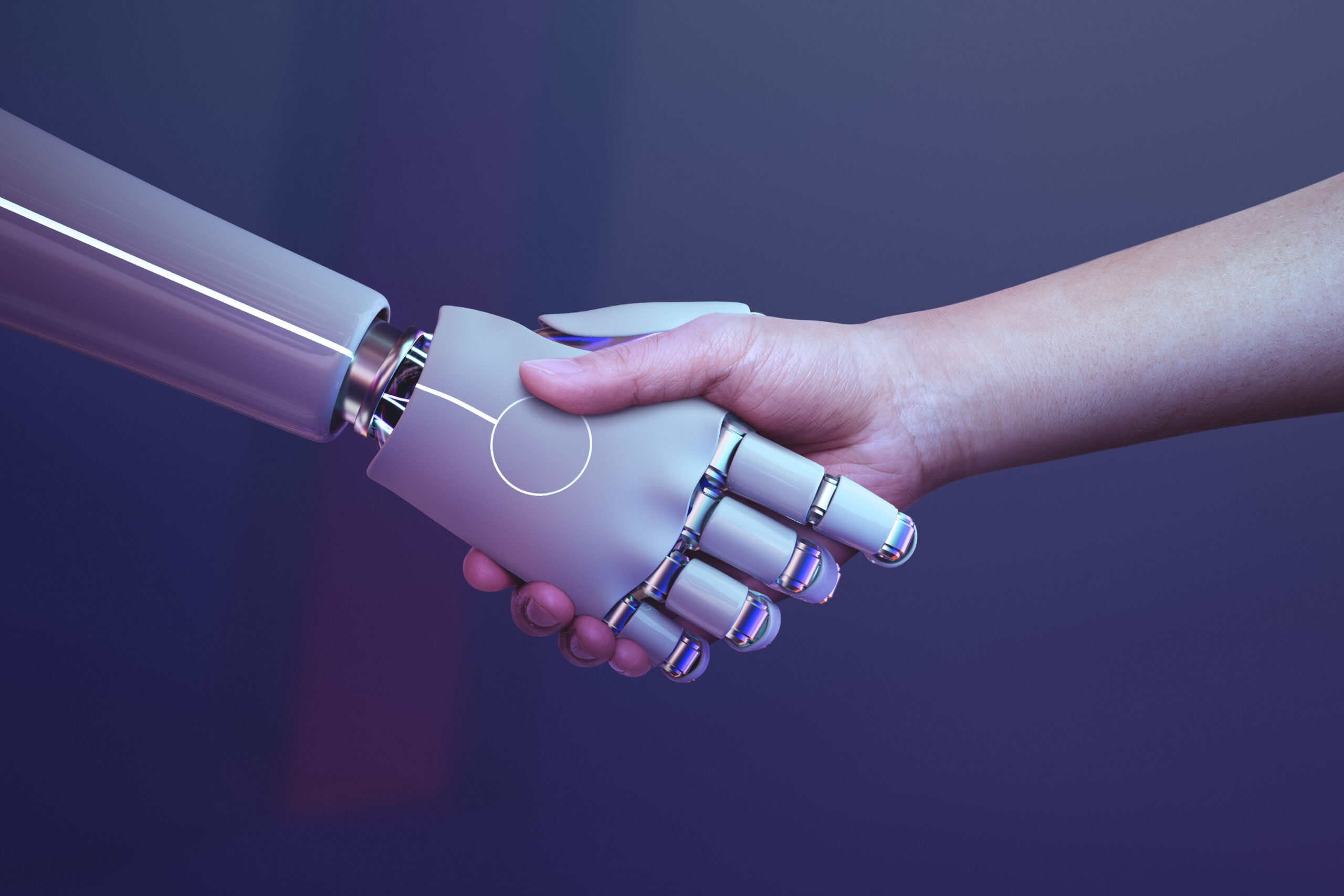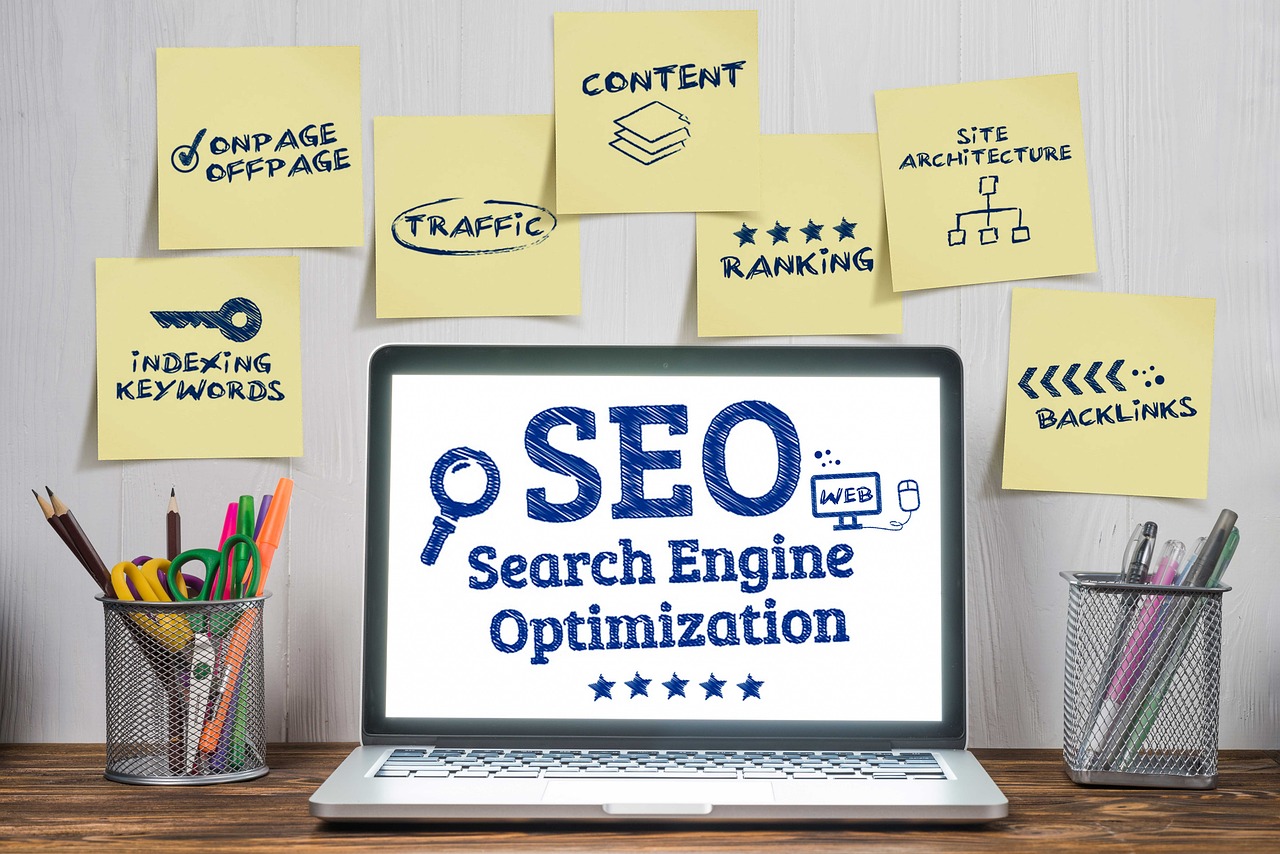AI in Digital Marketing: How It’s Changing the Game
AI Overview: Understanding the Foundation
Artificial intelligence has shifted from being a futuristic concept to a real-world force transforming industries. In the context of digital marketing, AI represents the use of algorithms, machine learning, and data analytics to automate processes, deliver personalized content, and drive business decisions. This ai overview highlights how AI now serves as the backbone of modern digital strategy, making marketing faster, smarter, and more efficient.
Marketers no longer rely solely on human intuition or manual processes. With AI, businesses can interpret massive amounts of data to understand customer behaviors and preferences. This technology doesn’t just support decision-making, it actively shapes it.
Automating Marketing Workflows
One of the most immediate benefits of AI in digital marketing is automation. Repetitive tasks like social media scheduling, A/B testing, performance tracking, and email sequences are now handled through AI-powered platforms. These tools enable marketing teams to operate with more precision and speed, reducing manual workload and freeing up time for strategic initiatives.
By automating these tasks, companies can scale their efforts without sacrificing quality. Campaigns become more timely, consistent, and relevant, critical factors in keeping audiences engaged in a fast-paced digital environment.
Personalization at Scale
Today’s consumers expect brands to understand their needs and provide tailored experiences. AI enables this through deep personalization. It analyzes user behavior across websites, emails, and ads to deliver content that matches individual interests.
Whether it’s suggesting products, recommending articles, or triggering customized emails based on behavior, AI empowers businesses to build stronger relationships with their customers. This level of personalization was once limited to big brands with massive budgets. Now, thanks to AI, even small businesses can deliver meaningful one-to-one experiences at scale.
Predictive Analytics and Smarter Targeting
AI brings an entirely new level of intelligence to campaign planning through predictive analytics. By examining historical data and ongoing user behavior, AI can forecast future trends, user actions, and even revenue outcomes. This helps marketers make smarter decisions about where to allocate budget, which channels to prioritize, and what type of messaging will resonate most.
Instead of relying on trial and error, digital marketing strategies become data-backed and proactive. Businesses can anticipate customer needs before they arise, giving them a competitive edge.
Optimizing Advertising Performance
Another significant change driven by AI is the optimization of paid advertising. AI tools automatically test multiple ad creatives, placements, and headlines to identify the most effective combinations. They adjust bids and targeting in real-time, ensuring businesses get the most out of their advertising budget.
This level of agility is especially valuable for eCommerce, where product demand and consumer behavior can shift quickly. AI helps brands stay ahead of these changes, maximize conversions, and reduce wasted ad spend.
Revolutionizing SEO Strategies
Search engine optimization has evolved significantly with the rise of AI. Traditional SEO focused heavily on keyword density and backlinks. Today, search engines like Google use AI to evaluate content relevance and intent. As a result, marketers must optimize their content not just for keywords but for user experience.
AI also powers SEO tools that analyze competitors, identify ranking opportunities, and suggest content improvements. With voice search and mobile usage on the rise, AI ensures businesses remain discoverable in a constantly changing digital landscape.
Challenges and Ethical Considerations
As powerful as AI is, it comes with its own set of challenges. One concern is the potential for misinformation. AI-generated content, if left unchecked, can spread inaccurate or misleading information. This makes human oversight essential to ensure brand credibility and message accuracy.
Data privacy is another critical issue. AI relies on large volumes of user data to function effectively. Businesses must comply with regulations and ensure they are transparent in how they collect, store, and use this data. Failure to do so can damage consumer trust and lead to legal repercussions.
Additionally, AI systems can inherit biases from the data they are trained on. This can result in skewed targeting, exclusion of certain audiences, or unethical marketing decisions. Responsible AI use involves regular audits, diverse data sources, and a commitment to inclusivity.
The Future of AI and Digital Marketing
Looking ahead, the role of AI in digital marketing will only grow. As tools become more advanced and accessible, even small businesses will harness AI to compete with larger rivals. The combination of automation, personalization, and predictive power will reshape how brands attract and retain customers.
That said, human creativity and strategic thinking remain irreplaceable. AI should be viewed as a partner, not a replacement. Marketers who embrace AI while staying true to their brand voice and values will achieve the best results.
In conclusion, this AI overview shows that artificial intelligence is not just enhancing digital marketing, it’s redefining it. From content creation and SEO to customer engagement and data analysis, AI is making marketing smarter, faster, and more impactful. Businesses that invest in AI today are setting themselves up for long-term success tomorrow.





